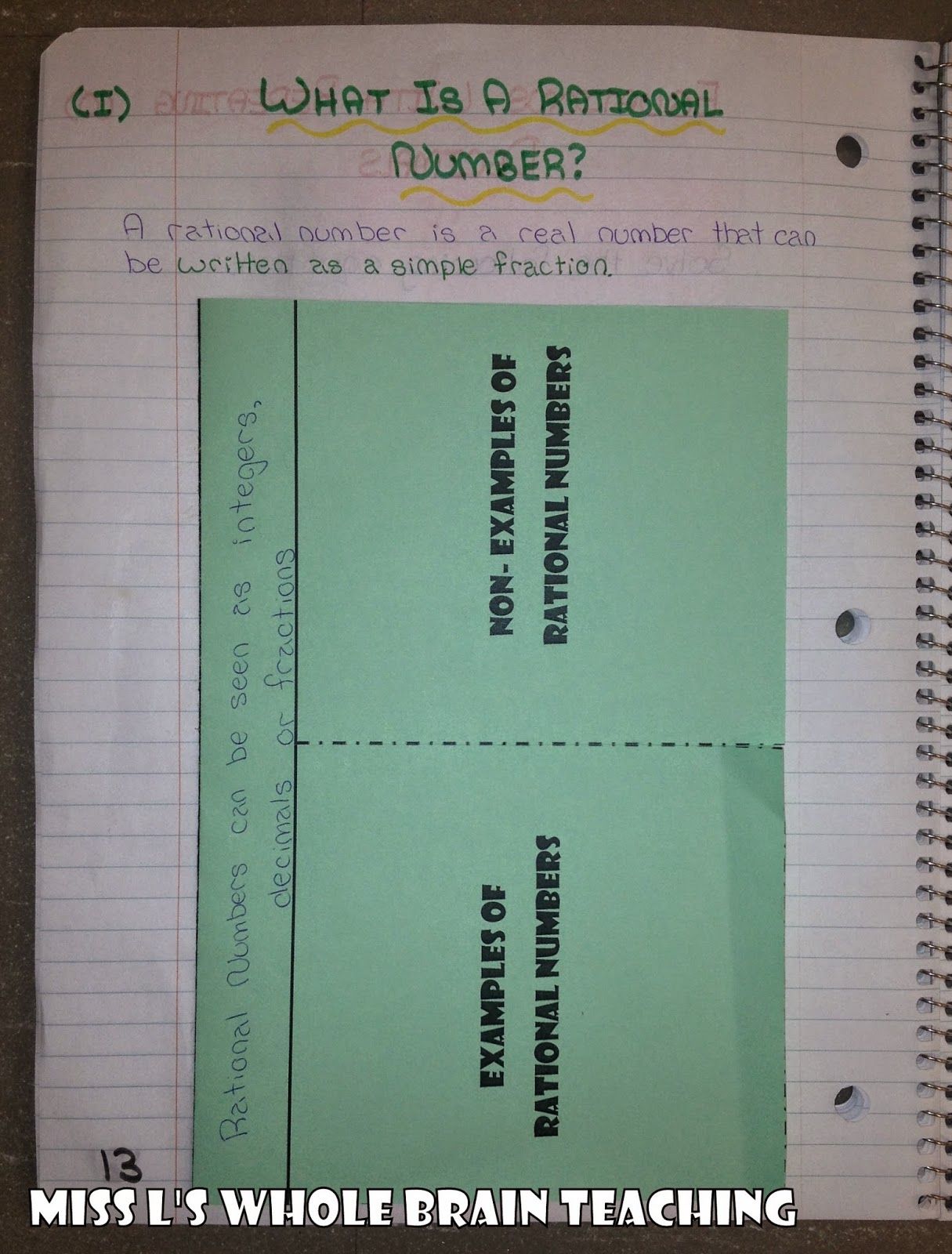Rational Numbers Definition With Example

In order to define the rational numbers we will start by defining the natural numbers.
Rational numbers definition with example. P is called numerator and q is the denominator. 1 = \(\frac{4}{4}\) and 2 = \(\frac{8}{4}\) √81 is a rational number, as it can be simplified to 9 and can be expressed as 9/1.
What are rational numbers examples of rational numbers. Where p and q are integers and q is not equal to zero. A rational number is any number that can be expressed as the quotient or fraction of two integers, with the denominator q not equal to zero.
A rational number is a number determined by the ratio of some integer p to some nonzero natural number q. Rational numbers are those numbers that can be expressed as a quotient (the result in a regular division equation) or in the format of a simple fraction. Every integer is a rational number:
0.7777777 is recurring decimals and is a rational number. Can be expressed as the quotient of two integers (ie a fraction) with a denominator that is not zero. 1 people chose this as the best definition of rational:
0.5 can be written as ½, 5/10 or 10/20 and in the form of all termination decimals. Contents1 definition of rational numbers:1.1 properties of rational numbers:1.2 comparison of rational numbers: 2 1 , 7 4 also, we can express any integer a as 1 a , where a and 1 are integers.
A terminating decimal is a decimal with a certain number of digits to the right of the decimal point. Expressed as an equation, a rational number is a number. Many people are surprised to know that a repeating decimal is a rational number.



















